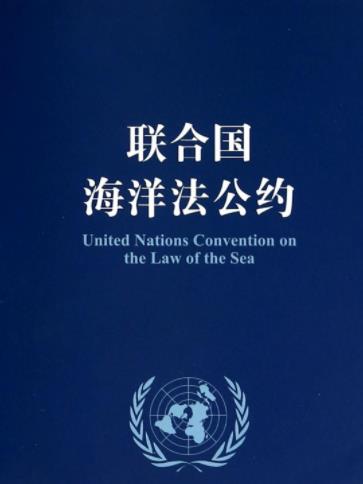Illegal Football: A Comprehensive Overview
Have you ever wondered what happens when the rules of football are bent or broken? Illegal football, also known as "foul play," is a term that encompasses a wide range of violations in the sport. From offside to handball, from diving to simulation, this article delves into the various aspects of illegal football, providing you with a detailed and insightful look into the world of rule-breaking in the beautiful game.
Understanding the Rules

Before we dive into the specifics of illegal football, it's important to have a basic understanding of the rules of football. The sport, also known as soccer in some parts of the world, is governed by the International Football Association Board (IFAB), which is responsible for making and amending the laws of the game.
Here's a brief overview of some key rules:
| Rule | Description |
|---|---|
| Offside | A player is offside if they are closer to the opponent's goal line than both the ball and the second last opponent (excluding the goalkeeper) when the ball is played to them. |
| Handball | A player is penalized for handball if they deliberately handle the ball with their hand or arm, except for the goalkeeper within their own penalty area. |
| Penalty Kick | A penalty kick is awarded when a player commits a foul inside their own penalty area, such as a handball or pushing an opponent. |
Offside: The Most Common Offense

Offside is one of the most common violations in football, and it can be quite confusing for both players and spectators. The offside rule is designed to prevent a team from gaining an unfair advantage by having an extra player in an advanced position.
When a player is deemed to be offside, the referee can either blow the whistle and award a direct free kick to the opposing team or, in some cases, allow play to continue if the offside player does not interfere with play.
Handball: The Controversial Call

Handball is another common offense that often sparks controversy. A player is penalized for handball if they deliberately handle the ball with their hand or arm, except for the goalkeeper within their own penalty area.
However, determining whether a handball has occurred can be challenging, as it often depends on the angle of the camera and the judgment of the referee. This has led to many debates and discussions about the need for technology to assist referees in making accurate decisions.
Diving and Simulation: The Art of Deception
Diving and simulation are forms of cheating that involve players exaggerating or faking injuries to gain an advantage. While these actions are considered illegal, they are still prevalent in the sport.
Diving can be particularly frustrating for fans and opponents, as it can lead to unnecessary injuries and disrupt the flow of the game. The use of simulation, also known as "play-acting," is often used to distract the referee or gain a free kick.
Penalties and Free Kicks: The Consequences of Illegal Play
When a player commits an illegal act, such as offside, handball, or diving, the referee has several options for punishment. The most common consequences include penalties, free kicks, and yellow or red cards.
A penalty kick is awarded when a player commits a foul inside their own penalty area, such as a handball or pushing an opponent. A direct free kick is awarded when a foul occurs outside the penalty area, while an indirect free kick is awarded when a foul occurs in the opponent's penalty area but does not result in a goal-scoring opportunity.
Yellow cards are given to players for minor offenses, such as unsporting behavior or dissent, while red cards are given for more serious infractions, such as violent conduct or repeated fouls.
Conclusion
Illegal football is a complex and multifaceted issue that affects the sport at all levels. From offside to handball, from diving to simulation, the various forms of foul play can have a significant impact on the outcome of a match and the reputation of the players involved.
While it's important to enforce the rules and punish those who break them, it's also crucial to address the underlying reasons behind illegal










